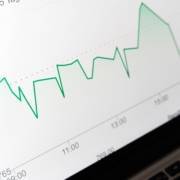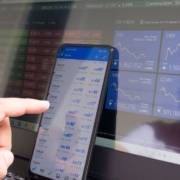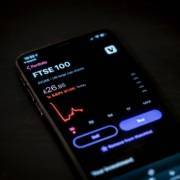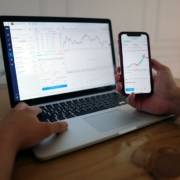Future Trends: The Next Generation of Financial Market Simulations
As our world continues to be reshaped by rapid advancements in technology, the field of financial market simulations is not exempt. Predicting trends is an art, but with the current pace of technological evolution, it’s easy to see that the future of financial market simulations will be marked by exciting innovations. From artificial intelligence (AI) to virtual and augmented reality (VR/AR), financial simulations are set to become more sophisticated, immersive, and tailored to evolving market needs.
This is particularly true in areas like sustainable finance and Environmental, Social, and Governance (ESG) investing. Here, we dive into these future trends and consider how they might reshape financial education and professional training.
Artificial Intelligence in Simulations
AI has already made significant strides in many sectors, and financial market simulations are ripe for the same transformation. Machine learning algorithms can help simulations adapt to users’ learning progress, providing a more personalized and effective learning experience.
Moreover, AI can enable simulations to mimic market scenarios with increasing precision by analyzing vast amounts of historical and real-time data, leading to a more realistic representation of the complex nature of financial markets.
On the professional side, AI can enhance decision-making processes by providing predictive insights based on patterns and trends in the simulated market data. This means that traders and investors can use AI-powered simulations to test strategies and anticipate market movements with greater accuracy before implementing them in the real world.
Virtual and Augmented Reality
Virtual and augmented reality technologies are set to bring a new level of immersion to financial market simulations. Imagine trading on a virtual trading floor, interacting with data visualizations in a three-dimensional space, or examining a company’s ESG performance in a detailed, interactive virtual environment. This level of immersion could facilitate deeper understanding and engagement, making the learning process both more effective and enjoyable.
Furthermore, VR and AR can offer invaluable experiential learning opportunities. By simulating high-pressure trading scenarios or crisis management situations, learners can gain practical experience in a safe environment. This could prove critical for preparing the next generation of finance professionals for the challenges of the increasingly complex financial world.
Simulations and Sustainable Finance
As sustainable finance and ESG investing gain traction, financial market simulations will need to reflect these shifts. Simulations could incorporate ESG factors, allowing users to observe the impact of environmental, social, and governance issues on investment performance and risk.
For instance, learners could simulate the management of an ESG-focused portfolio, weighing up the trade-offs between financial returns, risk, and ESG performance. Professionals could use these simulations to test their ESG integration strategies or to demonstrate to clients the potential outcomes of sustainable investing.
The Future of Financial Education and Professional Training
With these emerging trends, financial market simulations are set to play an even more pivotal role in financial education and professional training. The integration of AI, VR/AR, and ESG factors into simulations can provide more nuanced, realistic, and engaging learning experiences. They can help students and professionals grasp complex financial concepts, make informed decisions, and prepare for the ever-changing realities of the financial world.
While we must remain cognizant of the challenges that such rapid technological advancement can bring, such as issues around data privacy and the digital divide, the future of financial market simulations appears promising. As we continue to ride this wave of technological innovation, one thing is clear: the next generation of financial market simulations will redefine how we learn about and navigate the financial markets.










